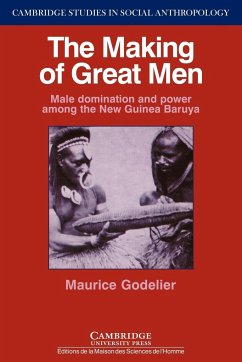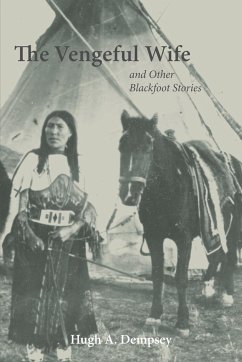The Baruya are a tribal society in highlands Papua New Guinea, with whom Western contact was first made in 1951. During the last twenty years, Maurice Godelier has spent many long periods of time living among this people, and in this book he presents a detailed account of their lives and their forms of social organization. The focus of the book is on inequality and power in this classless society. Godelier discusses both the power that certain men (the Great men) have over others through their control of war, shamanism, hunting, and rites of initiation, as well as the extraordinary power and domination that men in general exert over women. He explores how this domination is produced and maintained, examining it in particular through a detailed study of male and demale initiation. He also analyzes the role that sexuality plays in Baruya thought and theories, showing that in the Baruya view, every aspect of domination - be it (in Western categorization) economic, political, or symbolic - can be explained by sexuality, and the different role of the sexes in human reproduction. A major contribution both to the ethnography of Melanesia and to anthropological theory, the book will interest scholars and students of anthropology, as well as other readers interested in power and inequality, and in the relationships between the sexes.
Table of contents:
Preface; 1. Introduction to Baruya society; Part I. Social Hierarchies in Baruya Society: 2. Women's subordinate position; 3. The institution and legitimization of male superiority: initiations and the separation of the sexes; Part II. The Production of Great Men: Powers Inherited, Power Merited: 4. Male hierarchies; 5. The discovery of great men; 6. General view of Baruya social hierarchies; 7. The nature of man/woman relations among the Baruya: violence and consent, resistance and repression; 8. Great men societies, big men societies: two alternative logics of society; Part III. Recent Transformations of Baruya Society: 9. The colonial order and independence; Conclusion; 10. The ventriloquist's dummy; Bibliography; Index.
Hinweis: Dieser Artikel kann nur an eine deutsche Lieferadresse ausgeliefert werden.
Table of contents:
Preface; 1. Introduction to Baruya society; Part I. Social Hierarchies in Baruya Society: 2. Women's subordinate position; 3. The institution and legitimization of male superiority: initiations and the separation of the sexes; Part II. The Production of Great Men: Powers Inherited, Power Merited: 4. Male hierarchies; 5. The discovery of great men; 6. General view of Baruya social hierarchies; 7. The nature of man/woman relations among the Baruya: violence and consent, resistance and repression; 8. Great men societies, big men societies: two alternative logics of society; Part III. Recent Transformations of Baruya Society: 9. The colonial order and independence; Conclusion; 10. The ventriloquist's dummy; Bibliography; Index.
Hinweis: Dieser Artikel kann nur an eine deutsche Lieferadresse ausgeliefert werden.









